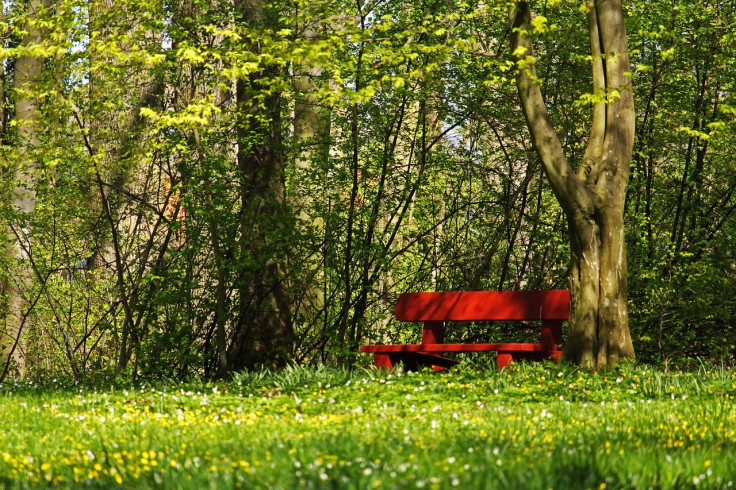Biden Admin's Billion-Dollar Investment In Urban Trees, Green Spaces Seeks Equitable Access For All
KEY POINTS
- $1 billion in grants is available to "increase equitable access to trees and green spaces"
- Communities' access to green spaces has been rather unequal
- It may also help boost resilience against the impacts of climate change
The Biden-Harris Administration has announced billion-dollar funding for urban trees. This could help more people have better access to important green spaces while also addressing environmental issues.
As a part of President Joe Biden's Investing in America agenda, the administration made an announcement on Wednesday about the availability of $1 billion in grants "to increase equitable access to trees and green spaces in urban and community forests where more than 84% of Americans live, work and play."
"The grant funding is available to community-based organizations, tribes, municipal and state governments, nonprofit partners, universities and other eligible entities as they work to increase tree cover in urban spaces and boost equitable access to nature while bolstering resilience to extreme heat, storm-induced flooding and other climate impacts," the announcement noted.
Indeed, there has been evidence of inequality when it comes to people's access to green spaces — these have previously been found to be generally bigger and more accessible for the wealthier and more white neighborhoods.
Although it may seem a simple difference, trees and vegetation (green spaces) in urban locations provide a multitude of functions, from lowering surface and air temperatures and improving air quality to promoting mental and physical health.
But even with something as seemingly simple as having access to these green spaces, some communities still face inequality.
Only recently, for instance, a team of researchers found that nature prescriptions — recommendations to spend time with nature — may actually benefit physical and mental health. With their findings, they also expressed the hope that these would also be accessible to those who truly need them, given the evidence that low-income communities don't really have much access to green spaces.
These are the very same communities, they said, that are at higher risks for chronic health issues.
"We don't want nature prescriptions to be a luxury item for the rich who already have access to beaches and a lot of high-quality green space," the lead researcher, Prof. Xiaoqi Feng of the University of New South Wales Sydney, said in the university release about the study. "We want these benefits for everyone."
The funding could then help tip the scales for the benefit of the communities that need these urban green spaces, too, but haven't had the benefit.
"These funds will enable us to bring these benefits to disadvantaged communities across the nation, and to support new partnerships with a diverse array of organizations," Dr. Homer Wilkes, U.S. Department of Agriculture (USDA) undersecretary for natural resources and the environment, said in the statement, citing the many benefits of trees and green spaces, from having physical and mental benefits to creating "new economic opportunities."
Boosting tree cover in urban areas also supports the fight against climate change, as trees are exceptional at capturing carbon. With increasing urbanization, planting more of them is said to be among the important nature-based climate solutions we can do while also reducing emissions.
With this move from the administration, the new funding to support the greening of our urban spaces could then provide a multitude of benefits for many communities — especially for the ones that truly need it — and perhaps for the fight against climate change as a whole.
"Investing in our urban forests is investing in the health and wellness of our communities," Forest Service Chief Randy Moore said in the announcement, citing the many benefits that trees provide. "Equitable access to these benefits is key, as everyone deserves the opportunity to live in a healthy and sustainable environment."

© Copyright IBTimes 2025. All rights reserved.






















